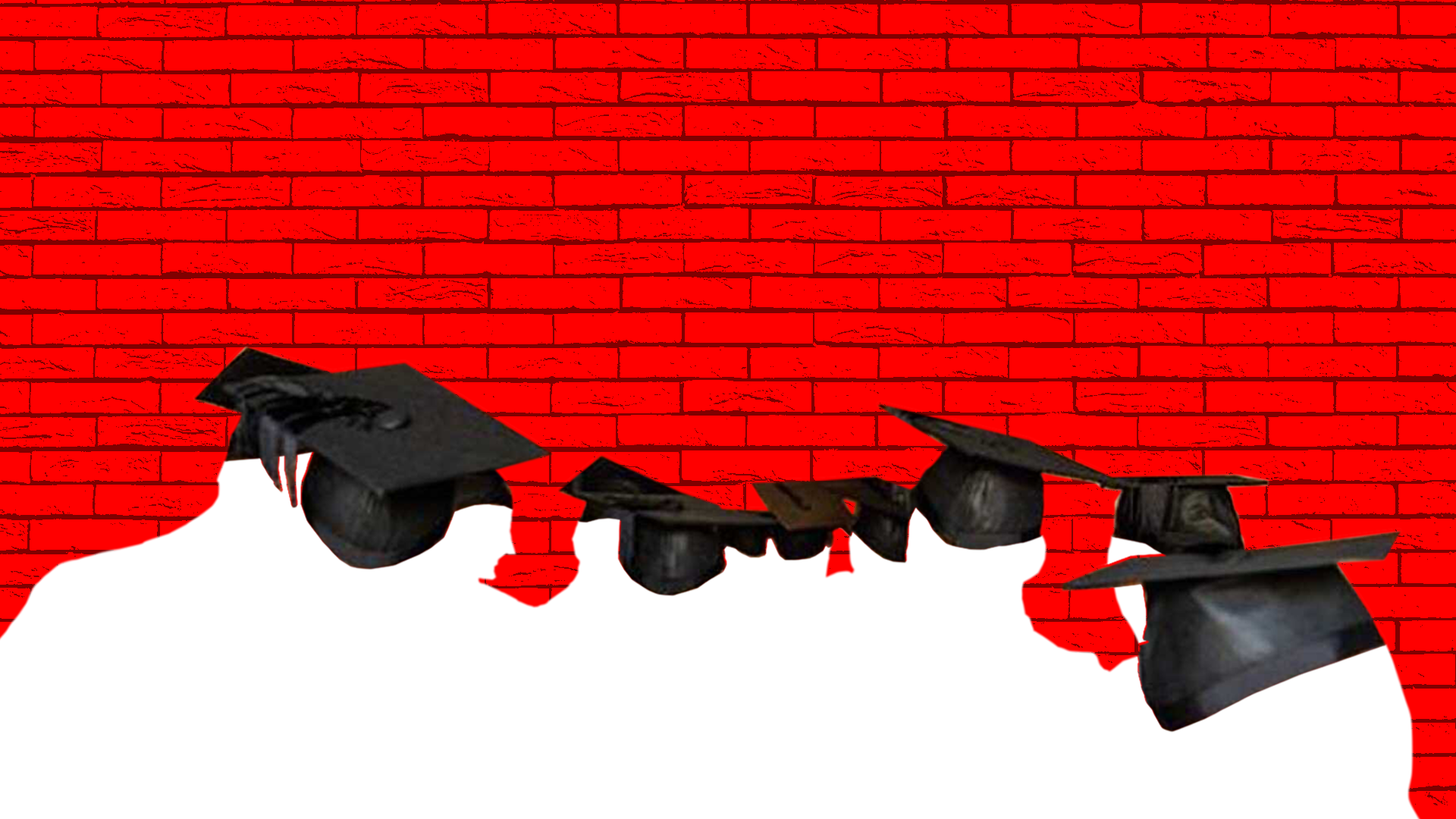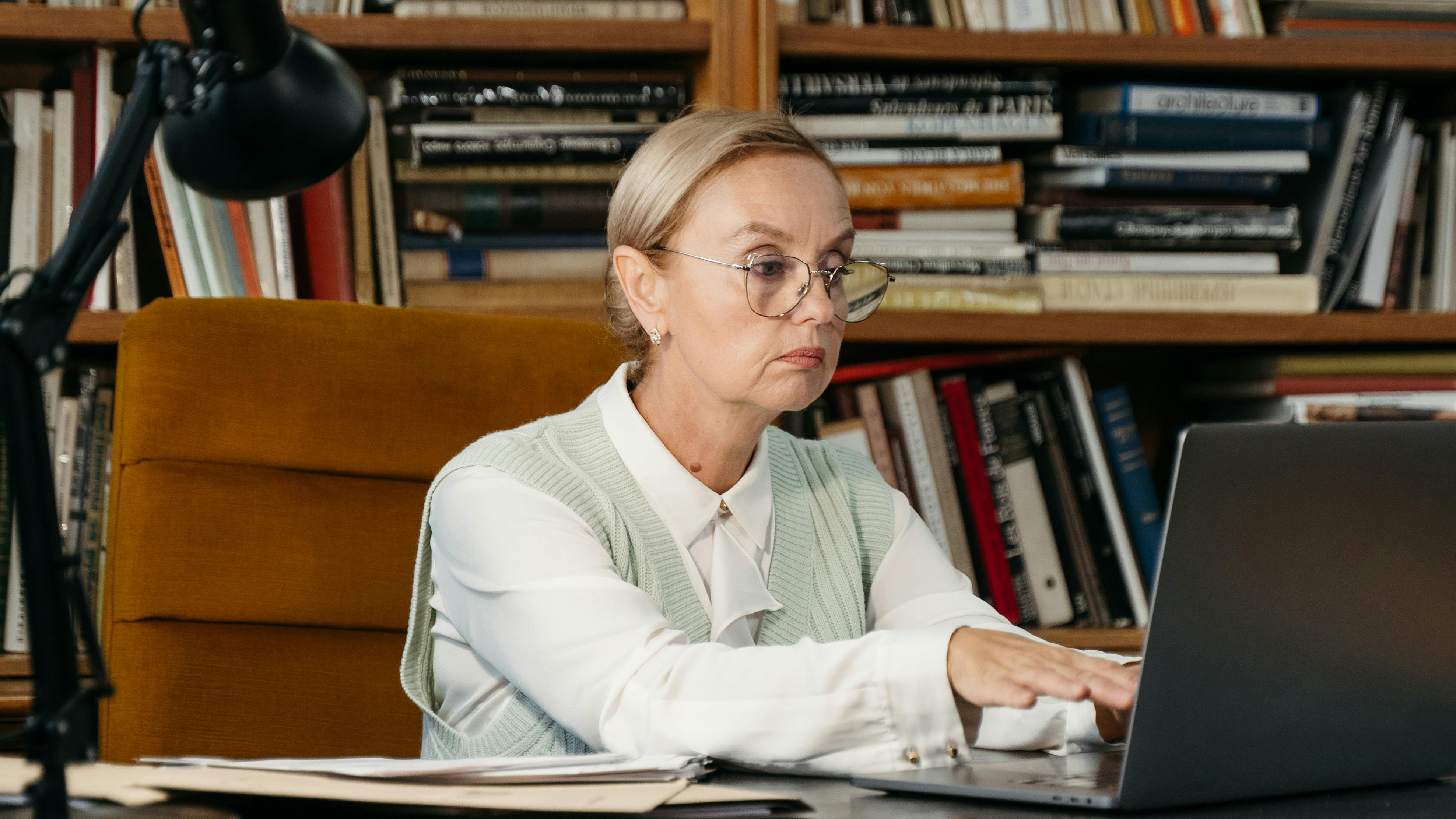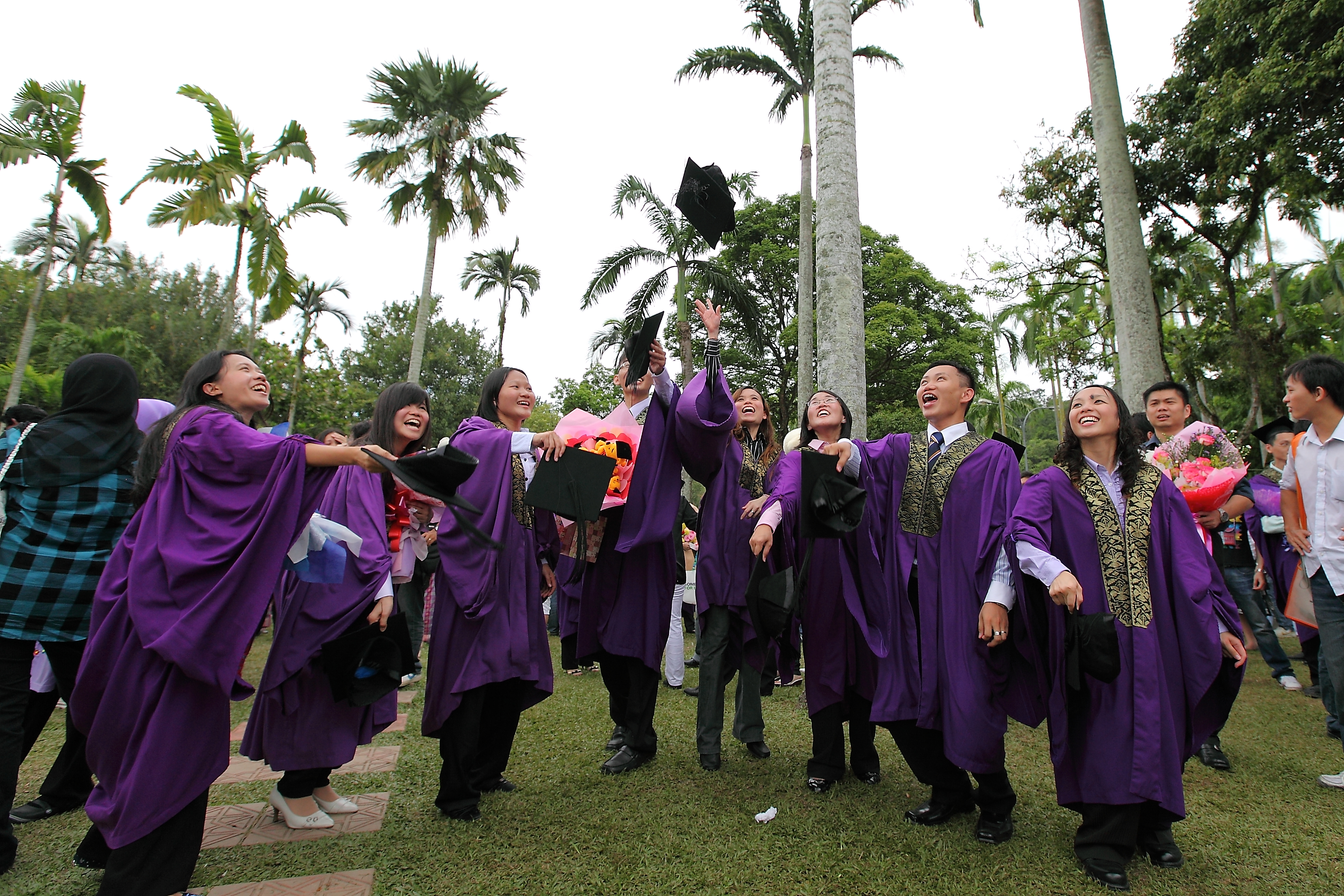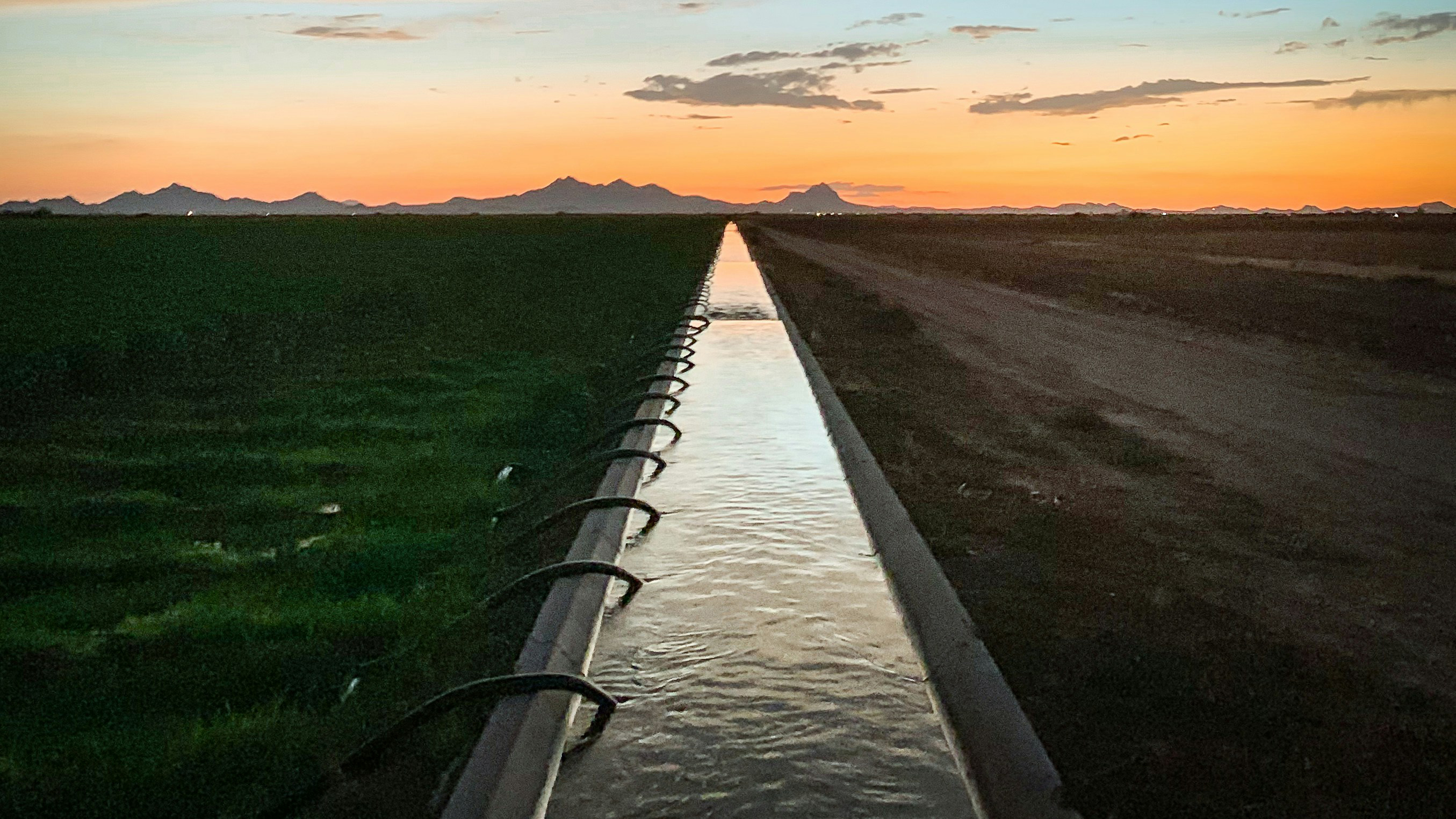Universities face a raft of challenges. Is the answer more of the same, or is a rethink needed?
 Universities will struggle to credibly claim to be preparing young people for their futures if they do not take into account the kind of world they are helping to bring about. : Becca Tapert, via Unsplash – https://tinyurl.com/bdhu25w7 Unsplash Licence
Universities will struggle to credibly claim to be preparing young people for their futures if they do not take into account the kind of world they are helping to bring about. : Becca Tapert, via Unsplash – https://tinyurl.com/bdhu25w7 Unsplash Licence
Universities face a raft of challenges. Is the answer more of the same, or is a rethink needed?
The number of young people enrolling in Australian undergraduate degrees is declining. There are immediate causes, including the cost-of-living crisis, expensive tuition fees and student loans, but many young people now doubt how relevant degrees are to getting a job.
Like other bodies, universities operate under a kind of social licence — an informal agreement by which the community gives its trust and approval on the basis that the institution meets its needs and serves its common interest.
This is an agreement that is redrawn and renegotiated as the needs of communities change. In the 19th century, the public purpose of the university in Australia was to fashion a governing class. During the 20th century it was to produce trusted knowledge, train professionals, fashion citizens and produce workers for a deregulated economy.
However, the agreements of the late 20th century no longer meet the needs of our times. The system we have does not acknowledge, let alone engage with, the existential challenge confronting human societies across the world: what naturalist David Attenborough called “the biggest threat to security that modern humans have ever faced”.
We know that young people in Australia are deeply worried about climate change and report feeling a high degree of concern, worry, powerlessness and frustration about their futures.
Universities will struggle to credibly claim to be preparing young people for their futures if they do not take into account the kind of world they are helping to bring about.
The systems of social and ecological extraction that drive climate change, and the forms of adaptation and mitigation that it requires, are already fundamentally altering the conditions in which society operates. They are reshaping what communities want and need and increasingly demand.
This is not an imperative that the current policy settings for higher education address, yet it is one that the public will increasingly insist is met.
The 2024 Australian Universities Accord Interim Report recognised that universities will be needed to help “lead efforts to ameliorate and collectively adapt to climate change and the development of more resilient and sustainable solutions.”
However, neither it, nor the final report, engages with what this might mean more broadly.
The higher education system was designed to serve the social and economic conditions of the last 40 years. But now Australia confronts a new set of historical circumstances.
Dealing with the challenges of our times has the potential to open a public purpose for universities that redraws their relationship with a generation of young people who feel despair at the world they are inheriting.
The universities we need
There are three demands that the public, and young people in particular, might legitimately make of universities as our societies struggle to meet the consequences of the climate crisis.
First, universities will be called on to become more sustainable. Where they invest their funds, who they partner with, what they consume, how they use their physical assets and what they teach will increasingly be judged in terms of impact on the planet.
Many institutions are already taking steps in this direction, with divestment action and the production of renewable energy key initiatives. But much more can be done, especially when it comes to contracting and partnerships, and at a speed to match the urgency of the crisis. Teaching and research in all discipline areas could also begin to engage with these imperatives.
Second, universities will be required to generate the knowledge and skills required to enable a positive societal transition to a lower emissions economy.
Expertise and new solutions will be crucial. But producing technical advice will be only one aspect of this contribution, not least because university research is itself vulnerable to climate change. Expensive investments in certain infrastructure and equipment risk becoming stranded assets, as do some skills and competencies.
Serving communities confronting climate change will also mean training those who care for and maintain society.
School teachers, nurses and medical professionals, social workers, public servants and librarians are just some of those who are explicitly charged with undertaking this work. They will be key workers in a warming world: equally as important as those who strive to produce new technical solutions.
Universities will be asked to serve as holding environments for a society in flux. They will be required to be institutions able to “handle coming contingencies and [help] . . . others do the same”.
This means embracing their role as homes of meaning-making, where stories are told and retold, uncertainty is named, and the norms of discussion, analysis and action are fostered — not only for those directly enrolled in university courses, but with and alongside the whole of society.
Universities can become key players in fostering the social dialogue and building the broad public mandate that will be essential as we find ways to live together in a climate changed world.
Reorienting universities so they meet the challenges of our times has the capacity to re-establish their social licence. And what this might mean for young people is profound.
A future in which they can believe, and to which they can imagine themselves contributing; a society that has a place for them and values their participation; a culture that helps them make sense of and navigate change — these have long been central to the promise of higher education and key to its purpose.
Renewing the purpose of universities can make them so again.
Tamson Pietsch is Associate Professor in Social and Political Sciences and Director of the Australian Centre for Public History at UTS. A longer version of this article was published as Tamson Pietsch, ‘Universities, their publics, and climate change’, in J. Horne and A.M. Thomas eds., Australian Universities: A conversation about public good (Sydney University Press, 2022), pp 241-250.
Originally published under Creative Commons by 360info™.
Editors Note: In the story “University challenge” sent at: 05/05/2024 09:40.
This is a corrected repeat.









![Vietnam has the challenging job of decarbonising its own energy generation amid fast economic growth. : [Tycho], Wikimedia Commons CC BY 3.0 (https://creativecommons.org/licenses/by-sa/3.0/deed.en)](https://360info.org/wp-content/uploads/2024/05/119239294ce42cfa48613a190515a99177b814deb0ffc009a37ac5a81addddca.jpg)




